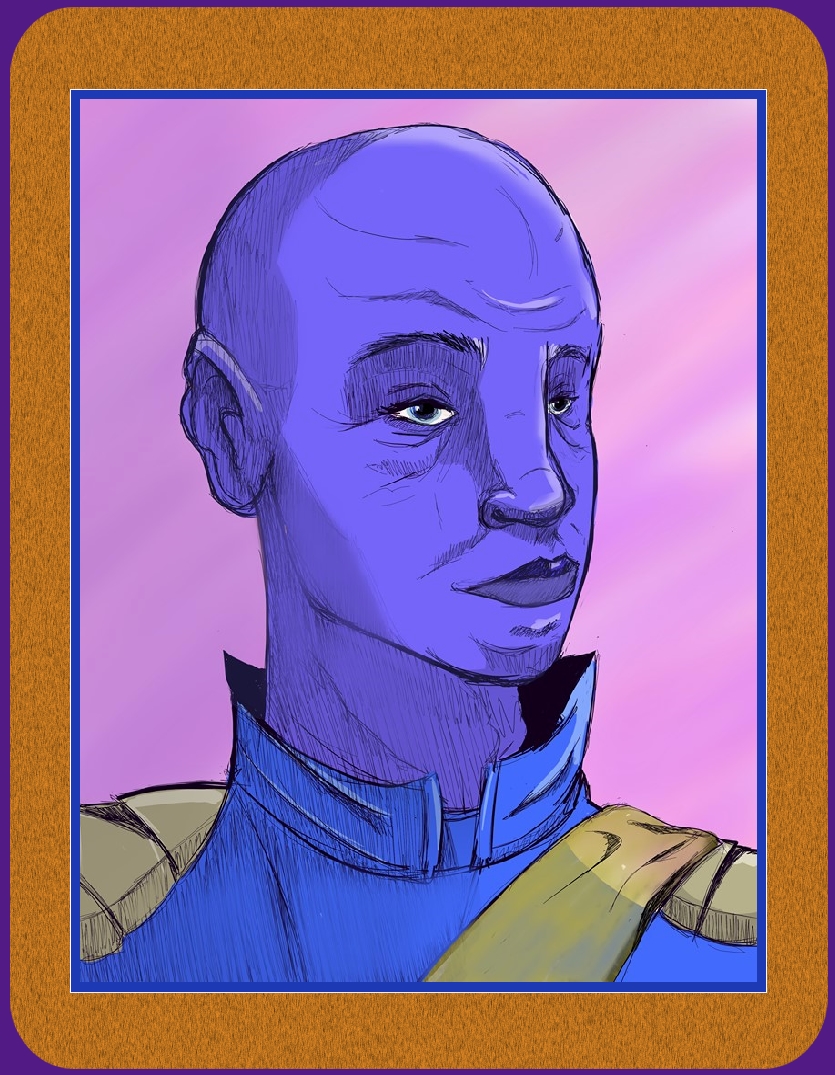
(Omal alters the way to view war and chaos as being part of the lessons gained for growth from them. He uses Yugoslavia as an example of an area dealing with struggle and warfare for hundreds of years and the growth that should have come from that didn’t for that exact reason.)
Omal: okay, without getting dry and boring, let us throw open the floor to discussion and questions and answers.
Russ: well Tia was talking about the Yugoslavia…..
Omal: uh-huh.
Russ: and one of the things we’ve talked about before is the practice for the dimensional shift that’s coming……
Omal: uh-huh.
Russ: and how there will be financial problems here and there that will help out our growth in getting to a higher consciousness through the adversarial effects of that.
Omal: uh-huh, you have learn’t a new word have you not?
Russ: one or two (chuckles). Is what they’re going through in Bosnia and Kosovo sort of practice for them, kind of their whole mindset is changing toward that?
Omal: unfortunately their mindset is not changing, it is a situation as was stated that is thousands, well hundreds of years old. It is a situation that has been going on so long that people have forgotten initially what started the problems. It was not initially an ethic thing, more of a tribalistic, religious problem. It has now got to the point where nobody really remembers what the initial problems were but it is now to the point where it is a very ethnic, “my race is better than your race, your race is lower than mine, we will treat you accordingly.”
Russ: hmm.
Omal: so for them it is not something new, it is something that has been going on and whilst it was under communist rule, it was downplayed during the early '40s and late '30s. It was again downplayed because of communications weren’t there as much and then we can see as Tia pointed out and you stated that in 1914 the First World War started there but there had been problems continually there for quite a few hundred years. If you look at the area, it is a very harsh and rugged area and if you go back to a very famous individual that is now a character of myth and legend, Vladimir Dracule, you will see if you follow his history that he was actually fighting the Muslims and the Turks.
Russ: hmm.
Omal: so it is something that it is in that area at least five, 600 years old.
Russ: hmm.
Omal: the unfortunate thing with Dracule is that he is painted now as a devil worshiper because of his practice of impaling people. In fact he was a very pious and religious Christian individual.
Russ: well that’s too bad, you'd think they would have some good practice now with all the things that are going on there.
Omal: yes.
Laura: apparently no one's learned a lesson or else we wouldn't still have wars.
Omal: that is unfortunate but struggle does serve a very useful purpose. It serves the purpose of speeding up learning processes. Certainly war is a very bad thing however from war some major technological advances have occurred. For example, computers, the microchip, microprocessors, capacitors, transistors, medical developments, jet engines, rocket engines, these have all come from an accelerated process that started in 1938 with the various rocketry organizations, the Goddard’s and the von Braun’s and all the other individuals that pioneered rocketry. With the development of rocketry comes a whole myriad of possible advancements that are now necessary to accompany the advancement into space. So to say that warfare is bad is correct but you also have to look on the positive side of the technological advancements that come from that.
Russ: thank you.
Skip: uh-huh.
Omal: as has been stated in the past and I believe is a popular catchphrase, good and evil, you can’t have one without the other.
Skip: yeah.
Laura: when you’re speaking of evil is really just a transition.
Omal: correct, it is a point of view.
